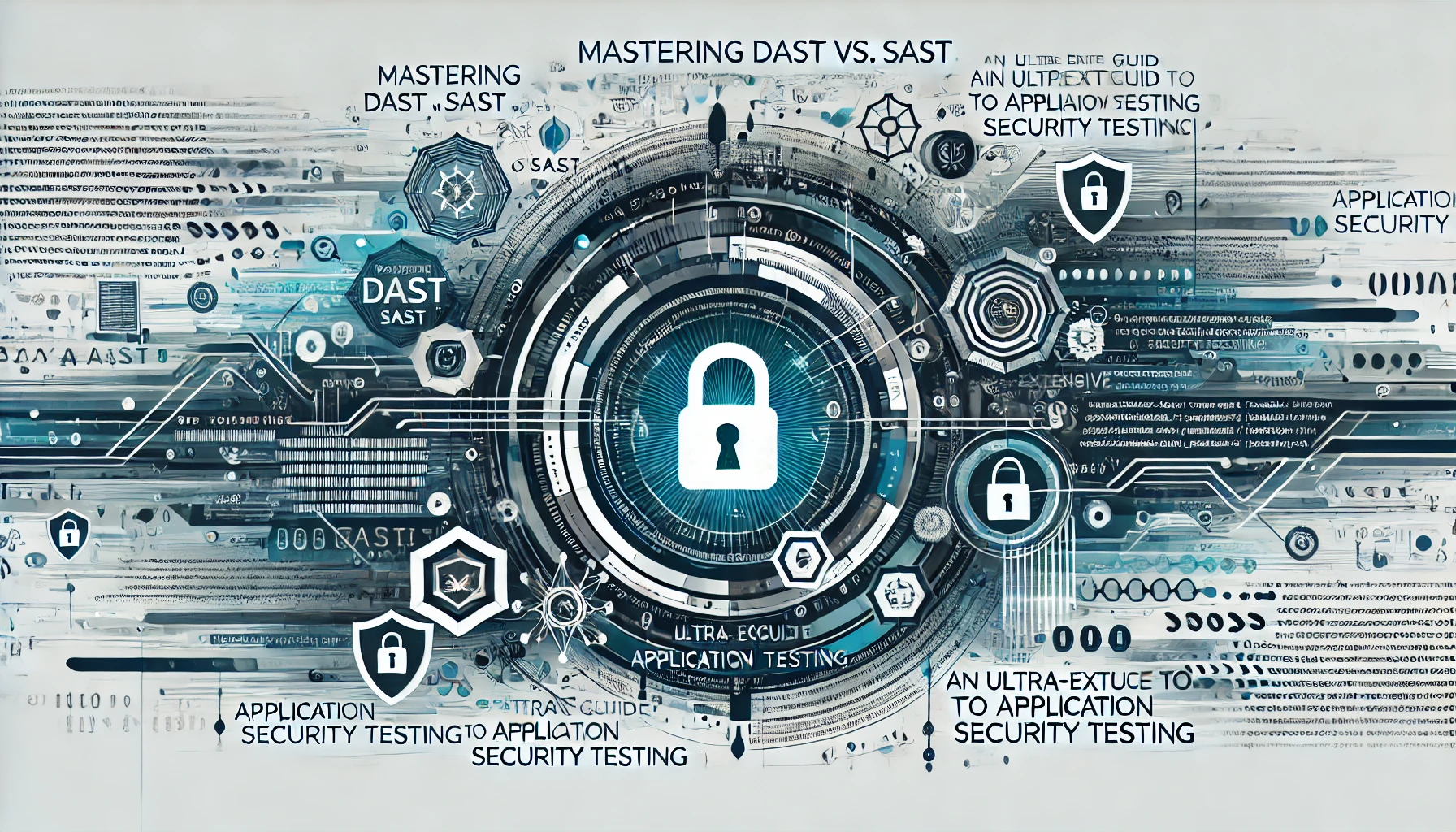Cybersecurity Challenges in the Era of Quantum Computing
Welcome to the latest post by Secure Debug, your trusted cybersecurity partner. In this article, we will explore the unique challenges that arise in the field of cybersecurity with the advent of quantum computing.
The Rise of Quantum Computing
Quantum computing is a revolutionary technology that harnesses the power of quantum mechanics to perform complex computations at an unprecedented speed. While it promises immense benefits in various fields, it also poses significant threats to the traditional cryptographic algorithms that secure our digital world.
Breaking Cryptography
One of the most critical challenges of quantum computing in the realm of cybersecurity is its potential to break the cryptographic algorithms widely used today. The prime factorization problem, upon which many encryption schemes rely, can be solved efficiently using quantum algorithms like Shor’s algorithm. This means that sensitive data encrypted with current algorithms can be decrypted by a powerful enough quantum computer.
Post-Quantum Cryptography
To mitigate the risks posed by quantum computing, the field of post-quantum cryptography has emerged. Post-quantum cryptography aims to develop encryption schemes that are resistant to attacks from both classical and quantum computers. Researchers are actively exploring new mathematical problems, such as lattice-based cryptography and code-based cryptography, to develop quantum-resistant algorithms.
Quantum Key Distribution
Another approach to address the quantum computing threat is quantum key distribution (QKD). QKD leverages the principles of quantum mechanics to establish secure communication channels by transmitting cryptographic keys encoded in quantum states. As quantum states are fragile and any eavesdropping attempts would be detectable, QKD provides a potentially secure method for key exchange.
Preparing for the Quantum Threat
As quantum computing continues to advance, organizations need to start preparing for the quantum threat. This includes assessing the potential impact of quantum computing on their current security infrastructure, investing in post-quantum cryptography solutions, and exploring the adoption of quantum-resistant algorithms and protocols.
Conclusion
In conclusion, the rise of quantum computing presents unique challenges to the field of cybersecurity. It requires a proactive approach to develop quantum-resistant encryption schemes and protocols. At Secure Debug, we stay at the forefront of these developments to ensure the highest level of security for our clients. Stay tuned for more insights and updates on the ever-evolving cybersecurity landscape.







